Global Market-Fit Programme (GMP) Japan 2024 Completed Pre-Immersion Week
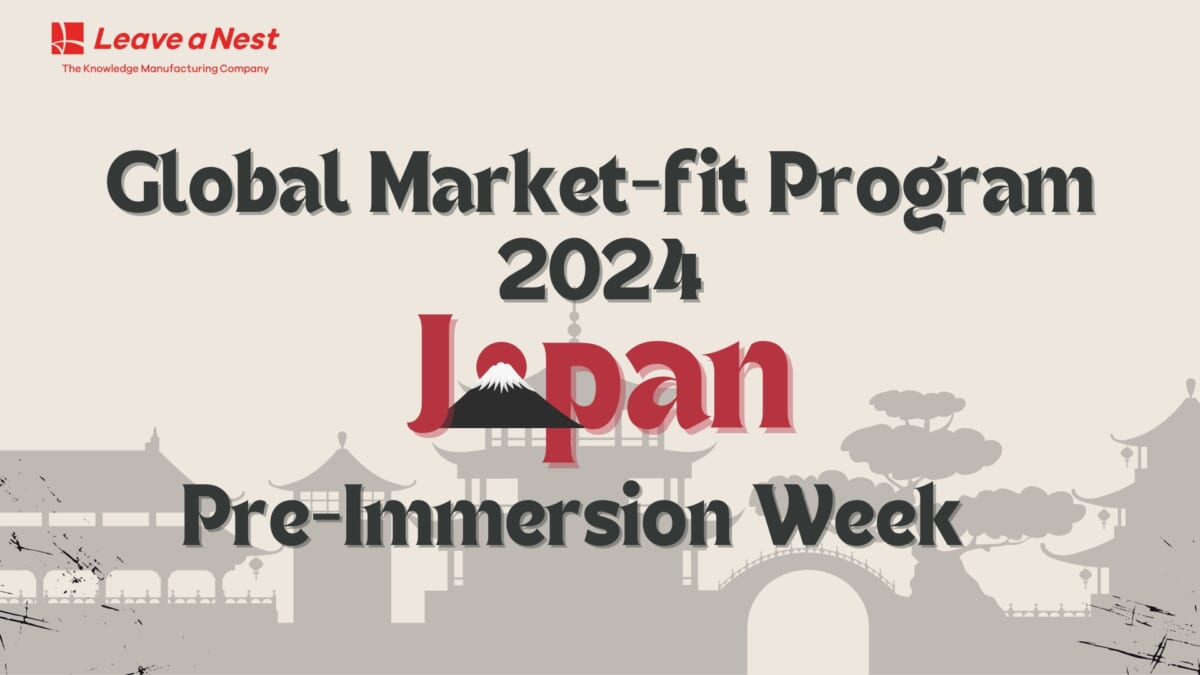
Series of Talks to Prepare Startups to Meet with Japanese Corporates and Startups
The Pre-Immersion Week for startups concluded today after a successful five-day virtual program. The event, designed to ease participation for startups outside the KL Valley, focused on preparing Malaysian entrepreneurs to engage with Japanese corporations. The program introduced participants to the Japanese startup ecosystem and business customs, crucial for fostering cross-border collaborations. Additionally, the startups were guided on how to claim validation trip costs through Malaysia External Trade Development Corporation (MATRADE). Individualized pitching clinics were also held, helping startups refine their presentation materials to better resonate with Japanese audiences.
Day 1
Introduction of MRANTI and the Global Market Fit-Programme (GMP)
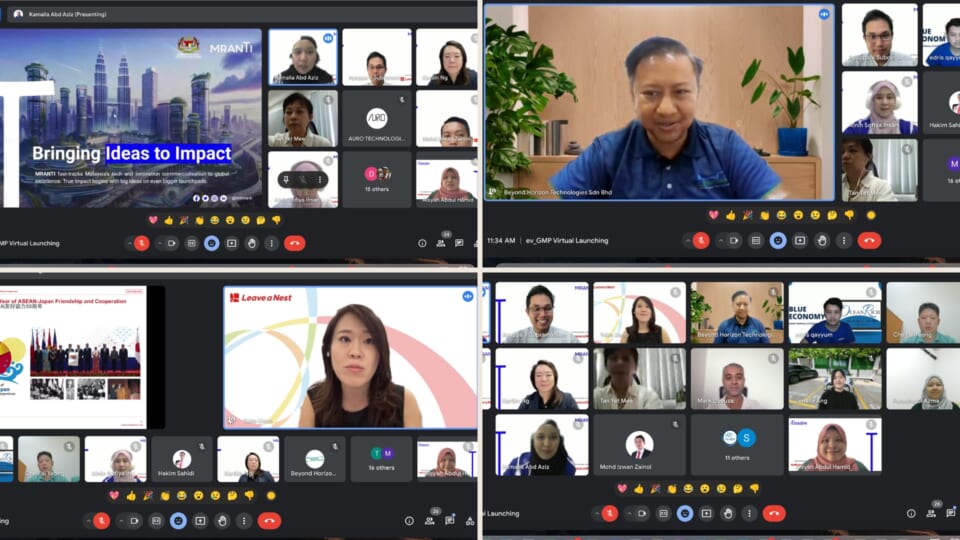 The GMP Japan Launch event was held online on 9th September 2024.
The GMP Japan Launch event was held online on 9th September 2024.
Ms. Karsin Ng kicked off the event with welcoming remarks, introducing the MRANTI Ecosystem and Ms. Kamalia Aziz explained the GMP programme, its purpose, flow of the programmes, validation trip, and virtual and in-person business meetings. Dr. Ayappa Subramaniam then took the stage introducing Leave a Nest and explained how Leave a Nest can assist startups in entering the Japanese market. The startups then proceeded to introduce themselves to the audience. After a short break, Ts. M Fadzly M Khalil of Beyond Horizon, an alumnus of last year's GMP programme, shared his experience, including signing MOUs with two Japanese startups, Liberaware Co., and CAST Inc. He expressed gratitude for Leave a Nest's continued support, even joining Leave a Nest on another trip to Indonesia. Injecting humor, he jokingly asked MRANTI if he could join this year's validation trip. Dr. Yuko Ueno, General Manager of Leave a Nest Japan's Group Creation Division, delivered the closing speech, concluding the first GMP Japan Virtual Launching session.
QPMI Model Canvas For Business
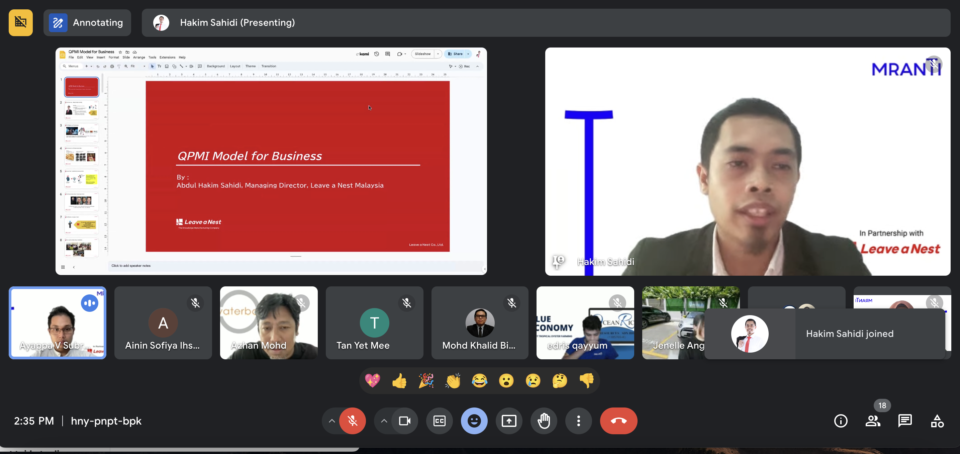 The session commenced with an introduction by Mr. Abdul Hakim Sahidi from Leave a Nest Malaysia, who explained the purpose of the QPMI (Questions, Passion, Mission/Member, Innovation) framework. Leave a Nest positions itself as a science bridge communicator, closing knowledge and technology gaps between different parties to achieve goals. The platform aims to address societal issues through project creation, as seen in examples like Euglena’s malnutrition-fighting cookies in Bangladesh and Orify’s companion robots. Mr. Abdul Hakim emphasized that QPMI enhances, rather than replaces, existing business models by fostering trust and understanding of the deliverer’s passions and challenges, which can attract partners and referrals. Participants engaged in a QPMI activity to identify their own driving forces, including founders working on mobile dentistry for rural areas, high-fidelity simulations to reduce medical errors, and chemical-free products for eczema and skin sensitivities.
The session commenced with an introduction by Mr. Abdul Hakim Sahidi from Leave a Nest Malaysia, who explained the purpose of the QPMI (Questions, Passion, Mission/Member, Innovation) framework. Leave a Nest positions itself as a science bridge communicator, closing knowledge and technology gaps between different parties to achieve goals. The platform aims to address societal issues through project creation, as seen in examples like Euglena’s malnutrition-fighting cookies in Bangladesh and Orify’s companion robots. Mr. Abdul Hakim emphasized that QPMI enhances, rather than replaces, existing business models by fostering trust and understanding of the deliverer’s passions and challenges, which can attract partners and referrals. Participants engaged in a QPMI activity to identify their own driving forces, including founders working on mobile dentistry for rural areas, high-fidelity simulations to reduce medical errors, and chemical-free products for eczema and skin sensitivities.
Day 2
Japan Startup Ecosystem
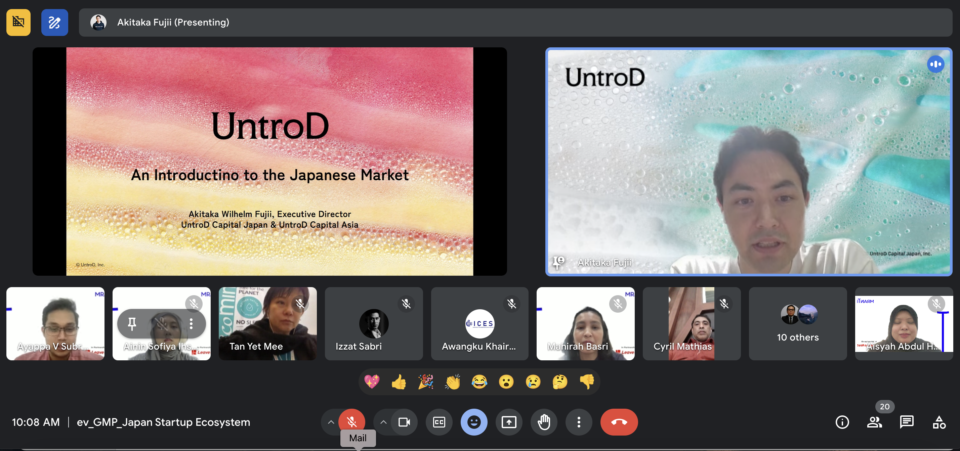
Mr. Akitaka Wilhem Fuji or Will from UntroD Capital Co. Ltd, presented on the Japanese startup ecosystem. He introduced UntroD's portfolio in Japan and Southeast Asia, highlighting the success story of Challenergy, a Japanese startup UntroD supported. He discussed Japan's macroeconomic trends, including the government's focus on startups with programs to support local and foreign startups entering the market. He outlined Japan's strengths for startups such as high R&D expenditure as a percentage of GDP, leading patent applications, and a strong research talent pool. Will noted there are 8 startup ecosystems across Japan beyond just Tokyo. He shared that 50% of small companies entering Japan enjoy healthy growth and provided examples of Southeast Asian startups collaborating with Japanese corporations. The presentation covered different types of corporate setups like subsidiaries, joint ventures, local distributors, and remote operations. During the Q&A session, Will advised on strategies for expanding to Japan like leveraging personal connections, utilizing platforms to connect with Japanese corporations, and partnering where Japanese companies can assist with Southeast Asian expansion. He also discussed intellectual property, suggesting distributors may be preferable over complex joint ventures for startups entering Japan.
Day 3
Understanding of Japanese company customs
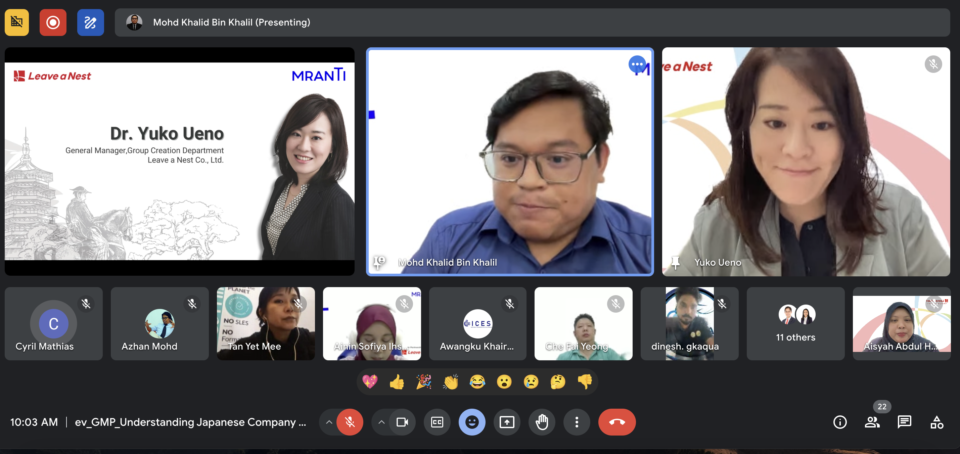
Dr. Yuko Ueno, General Manager of Leave a Nest Japan's Group Creation Division, began the day with a recap of the QPMI session led by Mr. Abdul Hakim on Day 1. She explained the ABCDE theory of business creation to ensure that participants fully understood their companies. Expanding into Japan requires understanding its unique business customs and adapting one's approach. Rather than focusing solely on sales, Japanese partners value a shared mission and collaborative spirit. Malaysian companies should consider restructuring their business models to align with Japan’s regulatory environment. Emphasizing an entrepreneurial vision over direct business negotiations can be more effective. For example, NDR Technologies successfully entered Japan by establishing a local entity and partnering with Japanese manufacturers, while CRUST leveraged existing Japanese entities to connect with local brewers. Japanese companies are becoming more open to innovation, but decision-making can be slow, so persistence is key. Engaging with local startups or mid-sized companies may offer quicker opportunities. Cultural practices such as “nommunication” have become less relevant post-COVID. While hiring Japanese team members can facilitate expansion, it is not always necessary. Intellectual property considerations are more important during detailed business discussions rather than initial conversations.
Day 4
Malaysia External Trade Development Corporation (MATRADE) Sharing on Market Development Grant (MDG)
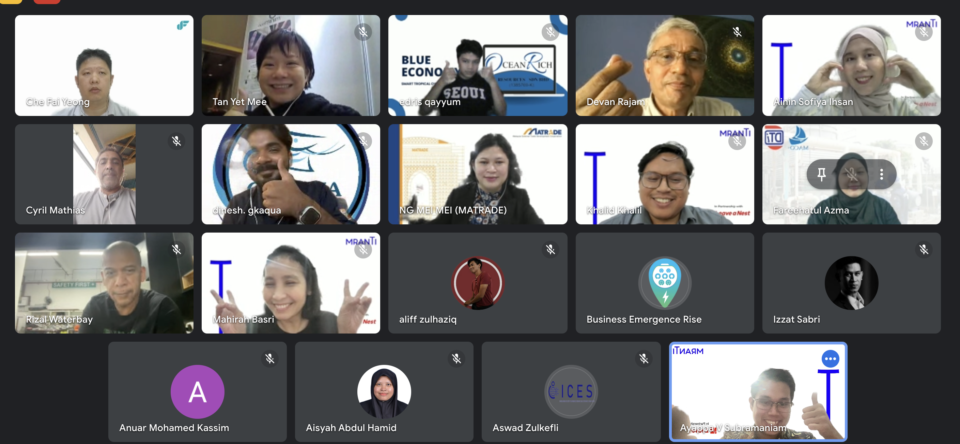
The session began with a presentation on the Market Development Grant (MDG) by Ms. Ng Mei Mei from the Malaysia External Trade Development Corporation (MATRADE). The MDG is a support initiative in the form of a reimbursable grant, primarily aimed at assisting Malaysian businesses, particularly small and medium-sized enterprises (SMEs), in exploring and penetrating global markets. Ms. Ng explained the process for claiming reimbursement for business activities and emphasized key points, such as the importance of registering as a MATRADE member and regularly updating company profiles to facilitate the claiming process. She also highlighted that incomplete documents or late submissions would result in the application being rejected. The session aimed to familiarize participants with tools and platforms designed to help their businesses expand into new markets, thereby increasing their export potential and global presence. Additionally, by offsetting some costs, the scheme reduces the financial risks associated with entering international markets.
Day 5
Recap of the week and Pre-Departure Briefing
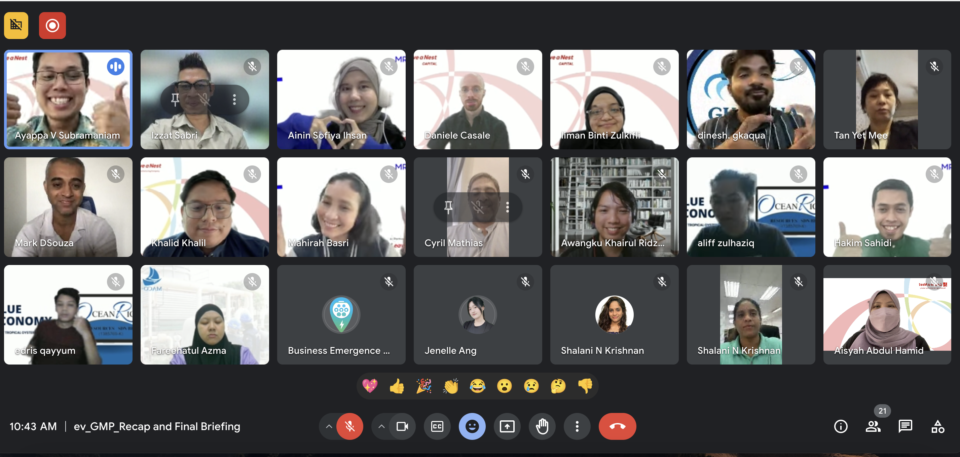 Dr. Ayappa Subramanian began his presentation by summarizing the key insights shared during Day 1 and Day 2 of the program. He then proceeded to present the full schedule, including the detailed itinerary for the upcoming 5-day validation trip. Dr. Ayappa informed participants that they would be divided into two groups: one group would focus on biotech, agriculture, food tech, and medical tech, while the other group would concentrate on manufacturing tech, drone tech, and IoT tech. He also shared a list of recommended flights and hotels conveniently located near the Leave a Nest office. Additionally, he provided useful tips to make both entry into Japan and navigating the country smoother for participants.
Dr. Ayappa Subramanian began his presentation by summarizing the key insights shared during Day 1 and Day 2 of the program. He then proceeded to present the full schedule, including the detailed itinerary for the upcoming 5-day validation trip. Dr. Ayappa informed participants that they would be divided into two groups: one group would focus on biotech, agriculture, food tech, and medical tech, while the other group would concentrate on manufacturing tech, drone tech, and IoT tech. He also shared a list of recommended flights and hotels conveniently located near the Leave a Nest office. Additionally, he provided useful tips to make both entry into Japan and navigating the country smoother for participants.
The Pre-Immersion Week concluded on a high note, equipping Malaysian startups with valuable insights and practical tools to enter the Japanese market. Over the five days, participants gained knowledge on the Japanese business ecosystem, learned key customs, and received personalized guidance on pitching strategies. The comprehensive program, including the MATRADE grant briefing and upcoming validation trip, has empowered startups to confidently pursue cross-border collaborations. With a clear roadmap and strategic support, these startups are now better positioned to expand their global footprint and foster long-lasting partnerships in Japan.
